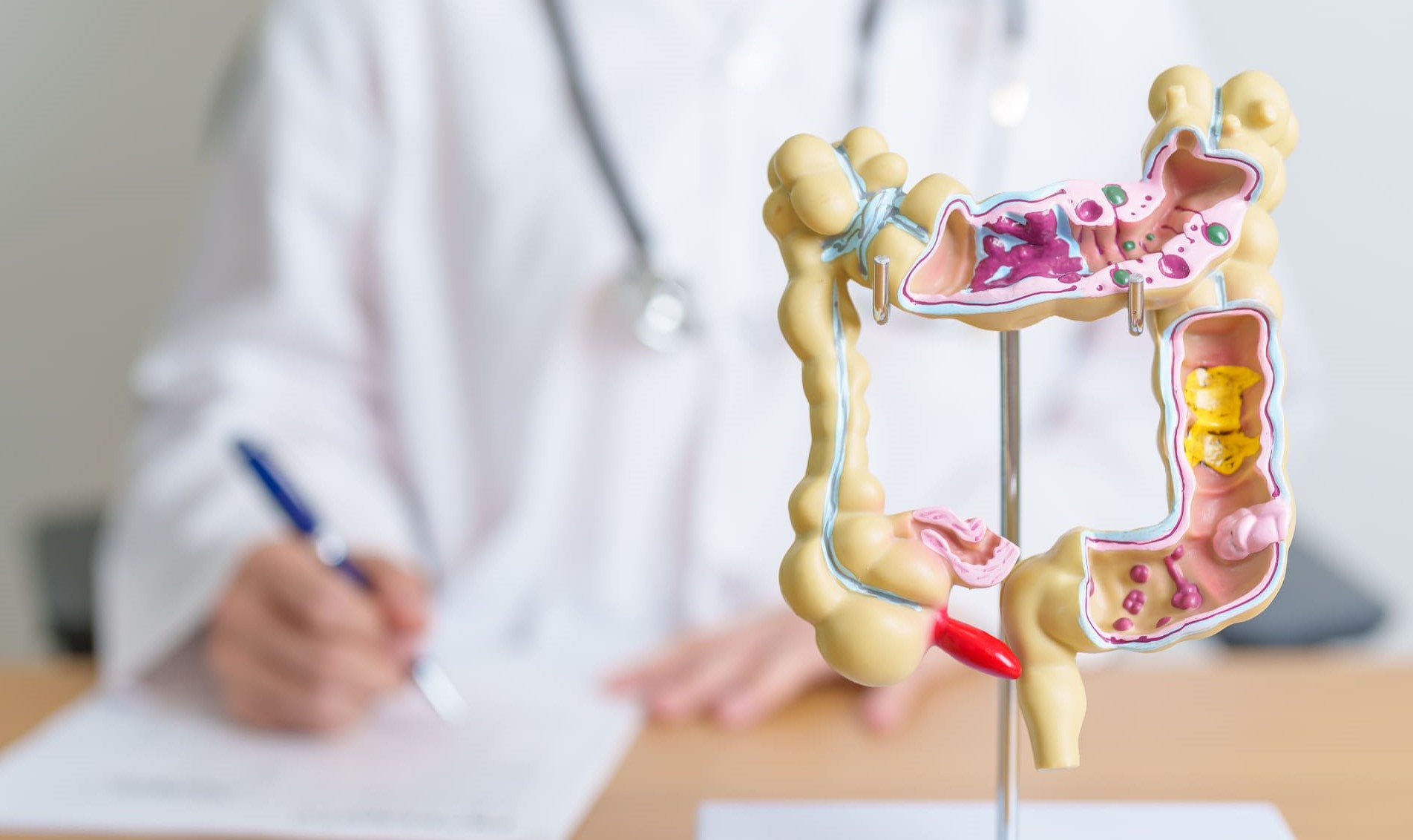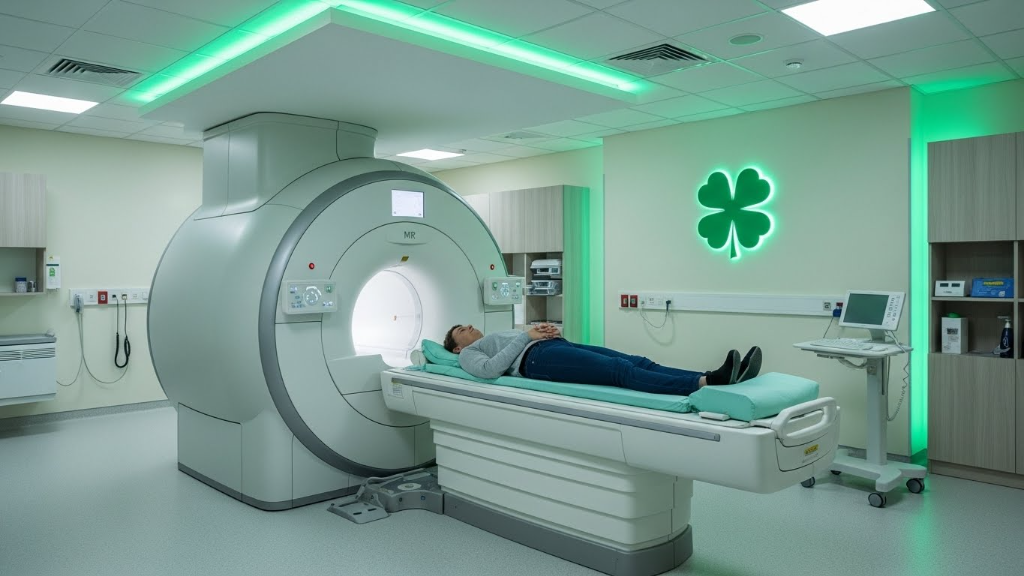Understanding Colorectal Health: A Comprehensive Guide
Colorectal health is a crucial component of overall well-being that often receives less attention than it deserves. This comprehensive guide explores the essentials of maintaining optimal colorectal health, understanding risk factors, recognizing warning signs, and the importance of regular screenings in preventing serious complications.
The Importance of Colorectal Health
The colorectal system, comprising the colon (large intestine) and rectum, plays a vital role in:
- Absorbing water and electrolytes from digested food
- Forming and storing stool before elimination
- Housing beneficial bacteria essential for digestion and immunity
- Acting as a barrier against harmful pathogens
When this system functions properly, it contributes significantly to overall health and quality of life.
Common Colorectal Conditions
Colorectal Cancer
- Third most common cancer worldwide
- Often develops from precancerous polyps
- Highly treatable when detected early
- 5-year survival rate exceeds 90% when caught at localized stage
Inflammatory Bowel Disease (IBD)
- Includes Crohn’s disease and ulcerative colitis
- Characterized by chronic inflammation of the digestive tract
- Can increase long-term risk of colorectal cancer
- Requires specialized medical management
Diverticular Disease
- Formation of small pouches (diverticula) in the colon wall
- Can lead to diverticulitis when these pouches become infected
- More common with age, affecting over 50% of people over 60
- Often related to low-fiber diets
Hemorrhoids
- Swollen blood vessels in the rectal and anal area
- Can cause discomfort, itching, and bleeding
- Common during pregnancy and in those with chronic constipation
- Treatable through lifestyle modifications or procedures
Warning Signs of Colorectal Issues
Pay attention to these potential symptoms:
- Changes in bowel habits lasting more than a few weeks
- Blood in stool (bright red or dark/tarry)
- Persistent abdominal discomfort (cramps, gas, pain)
- Feeling that the bowel doesn’t empty completely
- Unexplained weight loss
- Fatigue and weakness (possibly from anemia)
- Narrow stools
Colorectal Cancer Screening Guidelines
Current guidelines recommend:
Average Risk Individuals
- Begin screening at age 45
- Options include:
- Colonoscopy every 10 years
- FIT (Fecal Immunochemical Test) annually
- Stool DNA test every 3 years
- Flexible sigmoidoscopy every 5 years
Higher Risk Individuals
- Begin screening earlier (often at age 40 or 10 years before the youngest case in your family)
- More frequent screening intervals
- Colonoscopy is typically the preferred method
Preventive Strategies for Optimal Colorectal Health
Dietary Recommendations
- Increase fiber intake (fruits, vegetables, whole grains)
- Limit red and processed meats
- Maintain adequate hydration
- Consider probiotic-rich foods
Lifestyle Factors
- Regular physical activity (aim for 30+ minutes daily)
- Maintain healthy weight
- Limit alcohol consumption
- Avoid tobacco products
Medication Considerations
Some studies suggest that certain medications may reduce colorectal cancer risk:
- Aspirin (consult physician before starting regimen)
- Non-steroidal anti-inflammatory drugs (NSAIDs)
- Calcium supplements
Advanced Treatment Options
Modern colorectal medicine offers numerous effective treatments:
Minimally Invasive Approaches
- Laparoscopic surgery
- Robotic-assisted procedures
- Transanal endoscopic microsurgery (TEM)
Specialized Treatments
- Targeted therapies for colorectal cancer
- Immunotherapy options
- Advanced radiation techniques
Rehabilitation Programs
- Enhanced recovery protocols
- Stoma care education when needed
- Nutritional support and counseling
When to Seek Medical Attention
Consult a healthcare provider promptly if you experience:
- Rectal bleeding that doesn’t resolve
- Persistent change in bowel habits
- Severe abdominal pain
- Unexpected weight loss
- Iron-deficiency anemia
Conclusion
Maintaining colorectal health requires awareness, preventive measures, and appropriate screening. By understanding your personal risk factors and following recommended guidelines, you can significantly reduce your risk of serious colorectal conditions and ensure early detection if issues do arise.
For a personalized colorectal health assessment or to schedule a screening, contact our team or learn more about our colorectal surgery services.



